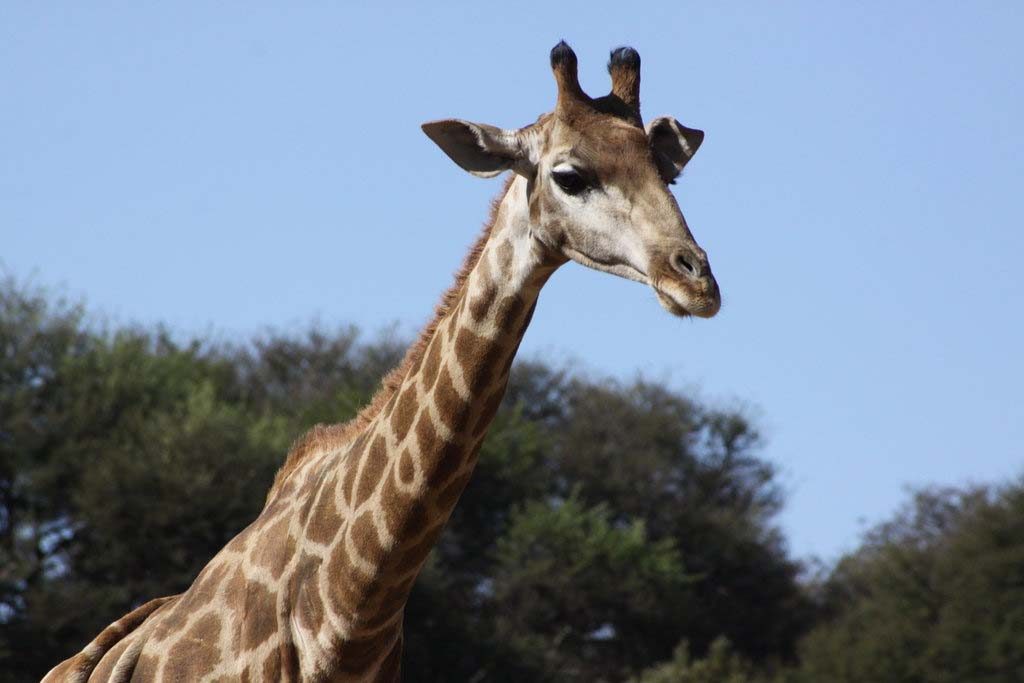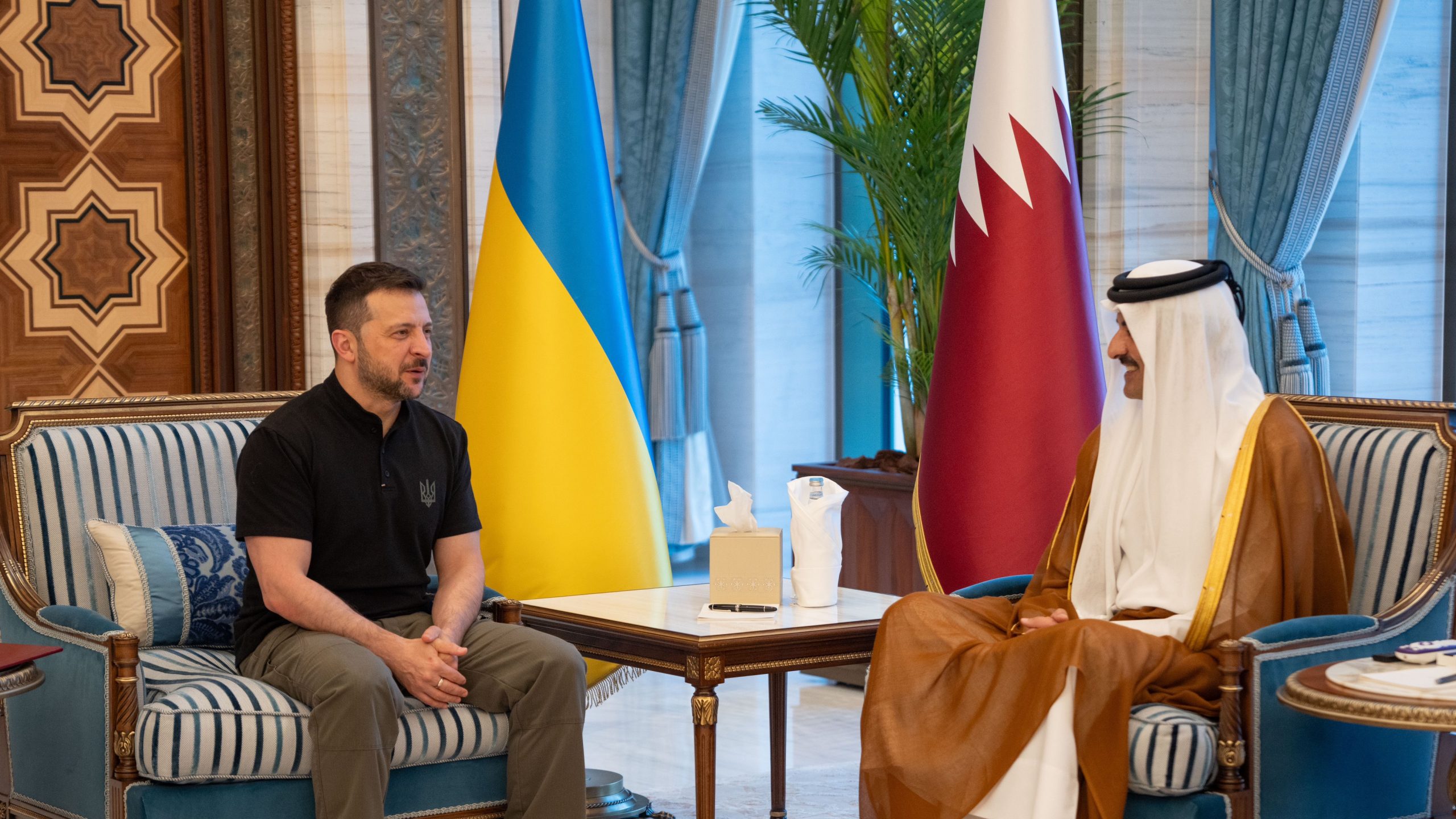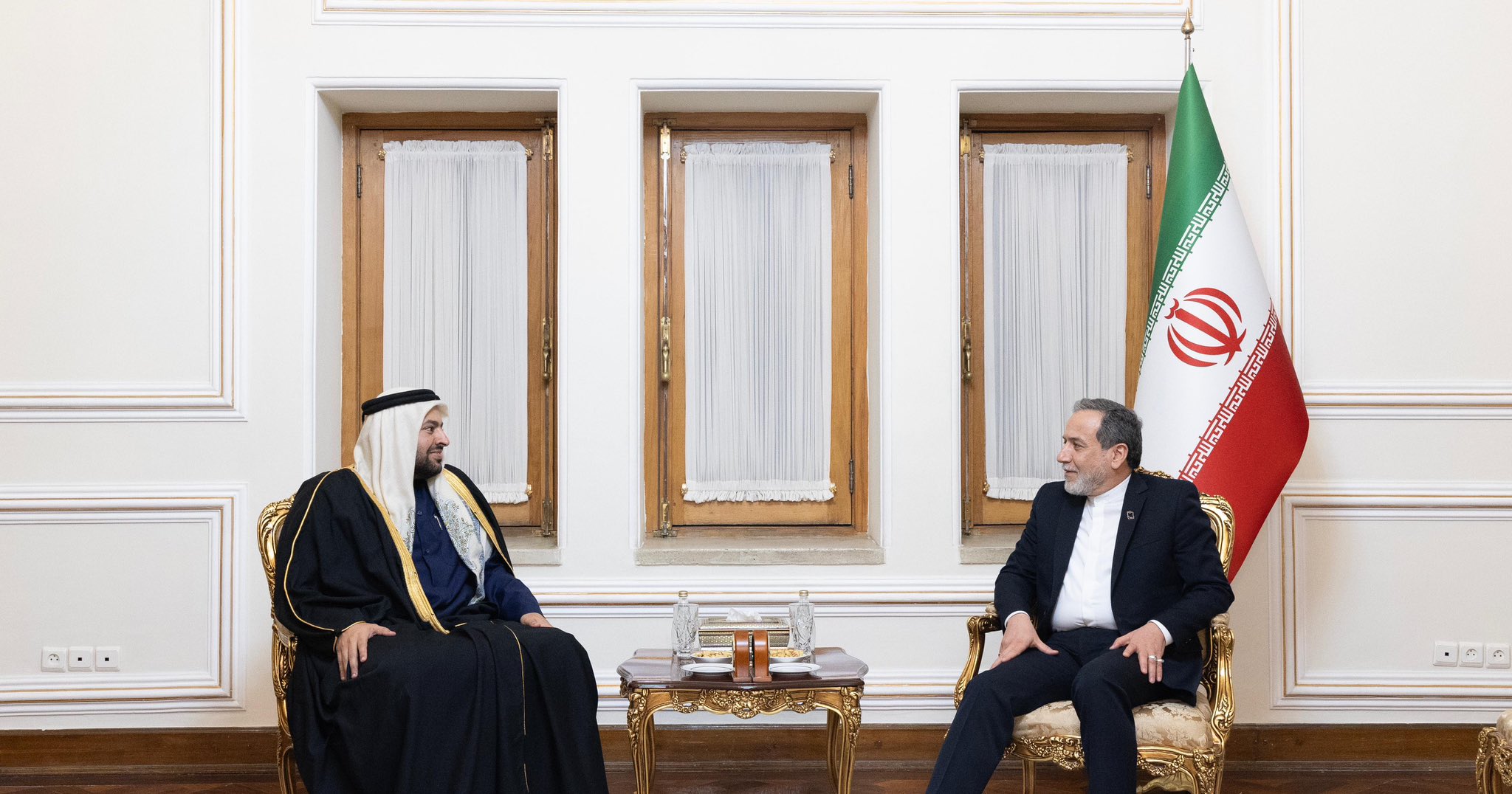
International authorities have renewed their hunt for a Pakistani fugitive who illegally brought live giraffes and antelopes to Qatar from Tanzania.
Late last week, Interpol said it had launched a new operation targeting suspects wanted for environmental crimes such as illegal fishing, logging and wildlife trafficking. Among the 139 fugitives sought by the global police agency is Ahmed Kamran, a Pakistani man who is suspected of coordinating an animal smuggling operation in 2010.
With the help of three accomplices, Kamlan is alleged to have paid for the transportation of wildlife aboard a military plane that flew the live animals from Kilimanjaro International Airport to Qatar.
[scribd id=247824582 key=key-gzDzJAg6j5yBlufRfkID mode=scroll]It’s the first time an operation targeting individuals specifically wanted for crimes concerning the environment has been launched by Interpol, which is asking the public to contact authorities with information that could help it locate the suspects.
“Even the smallest detail, which you might think is insignificant, has the potential to break a case wide open when combined with other evidence the police already have,” said Ioannis Kokkinis, an Interpol criminal intelligence officer, in a statement. “Sometimes all it takes is a fresh pair of eyes to bring new momentum to an investigation and provide the missing clue which will help locate these wanted individuals, some of whom have been evading justice for years,” he added.
Delivery to Qatar
While the fate of the animals that came to Qatar in 2010 is unclear, the incident was an embarrassment for Tanzania. The African country fired its top official responsible for managing wildlife and two of his subordinates after being accused of involvement in the smuggling operation, Reuters reported in 2012.

The Guardian reported the shipment of more than 100 animals was worth $113,715 and included vultures, gazelles, hornbills and eagles, in addition to the giraffes and other creatures.
The British newspaper, citing the testimony of one of Kamran’s accomplices, said three giraffes died while being transported to the airport.
“We went back to the game park and captured three giraffes and other animals and transported them into the cage of animals to compensate for the dead ones,” Maulid Hamis reportedly testified, according to the Guardian.
Various media reports say Tanzanian officials launched an investigation that was to include interviews with the pilots of the military aircraft that transported the creatures to Qatar.
It’s not clear what came of that investigation. Qatar has filed biannual reports with administrators of the Convention on International Trade in Endangered Species, better known by its acronym, CITES. The standardized form asks responding countries about their local enforcement efforts to combat the illegal trade in wildlife and animal products.

According to its responses, Qatar has not initiated any criminal prosecutions, levied fines or taken any other court actions related to CITES violations between 2003 and 2013.
The last documented confiscations were contained in its 2005-06 report and included ivory from Sudan, several birds from Bahrain and coral from Yemen.
Qatar’s standardized disposal methods, according to its report, is to turn the confiscated creatures and specimens over to public zoos and botanical gardens or a designated rescue center.
Domestic wildlife
Private wildlife collections are not uncommon in the Gulf, where individuals have been known to keep endangered species as domesticated pets and post photos of themselves with their exotic creatures.
Some commentators have denounced the practice as being cruel to the animals and dangerous to their owners and nearby residents. More recently, CITES urged governments in the region this summer to crack down on individuals who sell and own cheetahs.
In Qatar – where keeping such wild animals as pets is illegal – videos and photos of residents out in public with their big cats have circulated in recent years.
Last year, a cheetah was apparently sold via Qatar Living for QR35,000 (US$9,611).
That’s more or less the going rate for the spotted felines, which CITES estimates generally sell for approximately $10,000. The organization says smugglers need to charge a high price for each live cheetah they deliver to customers to make up for their losses from those animals that die during transportation.
Thoughts?







